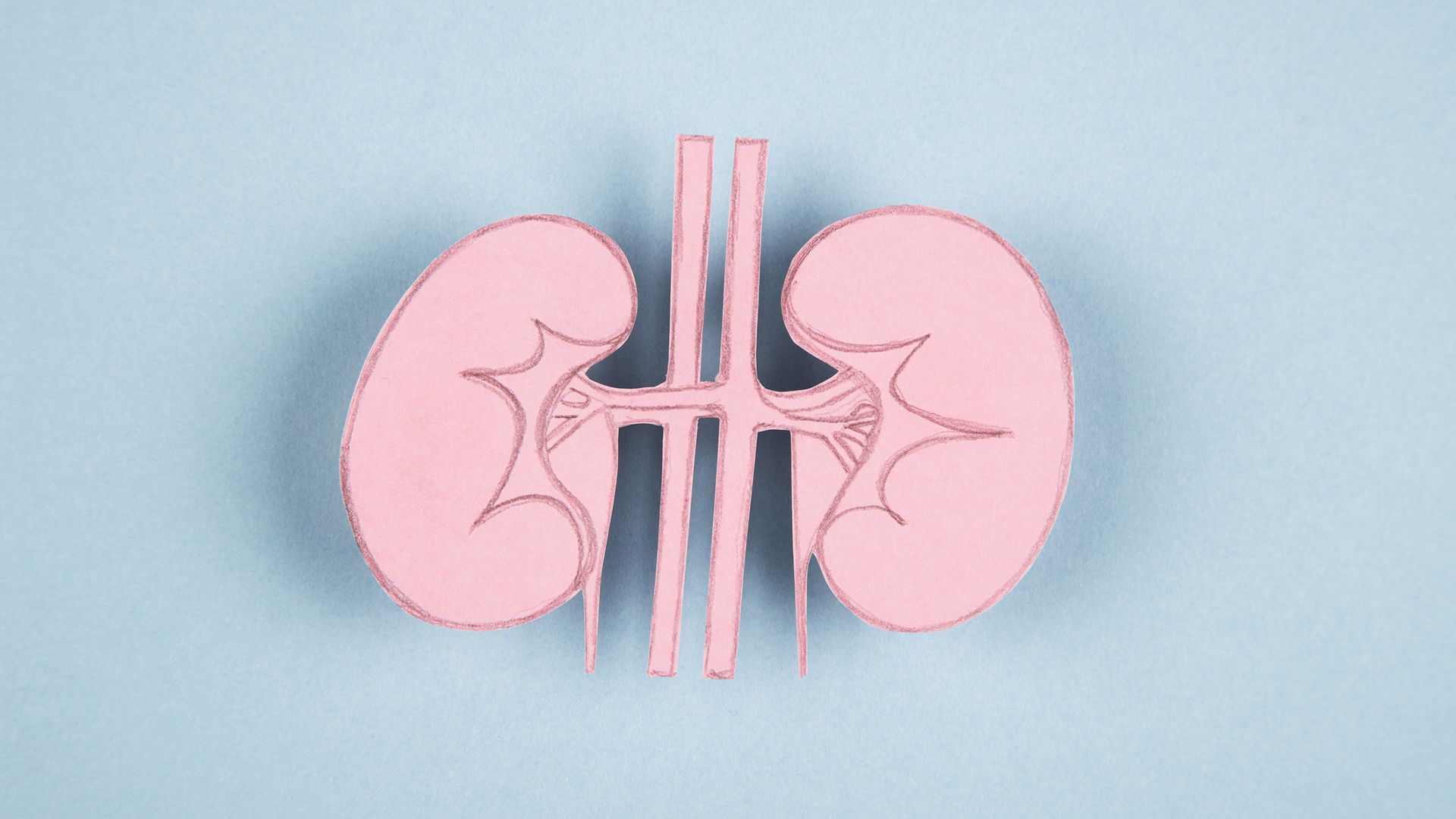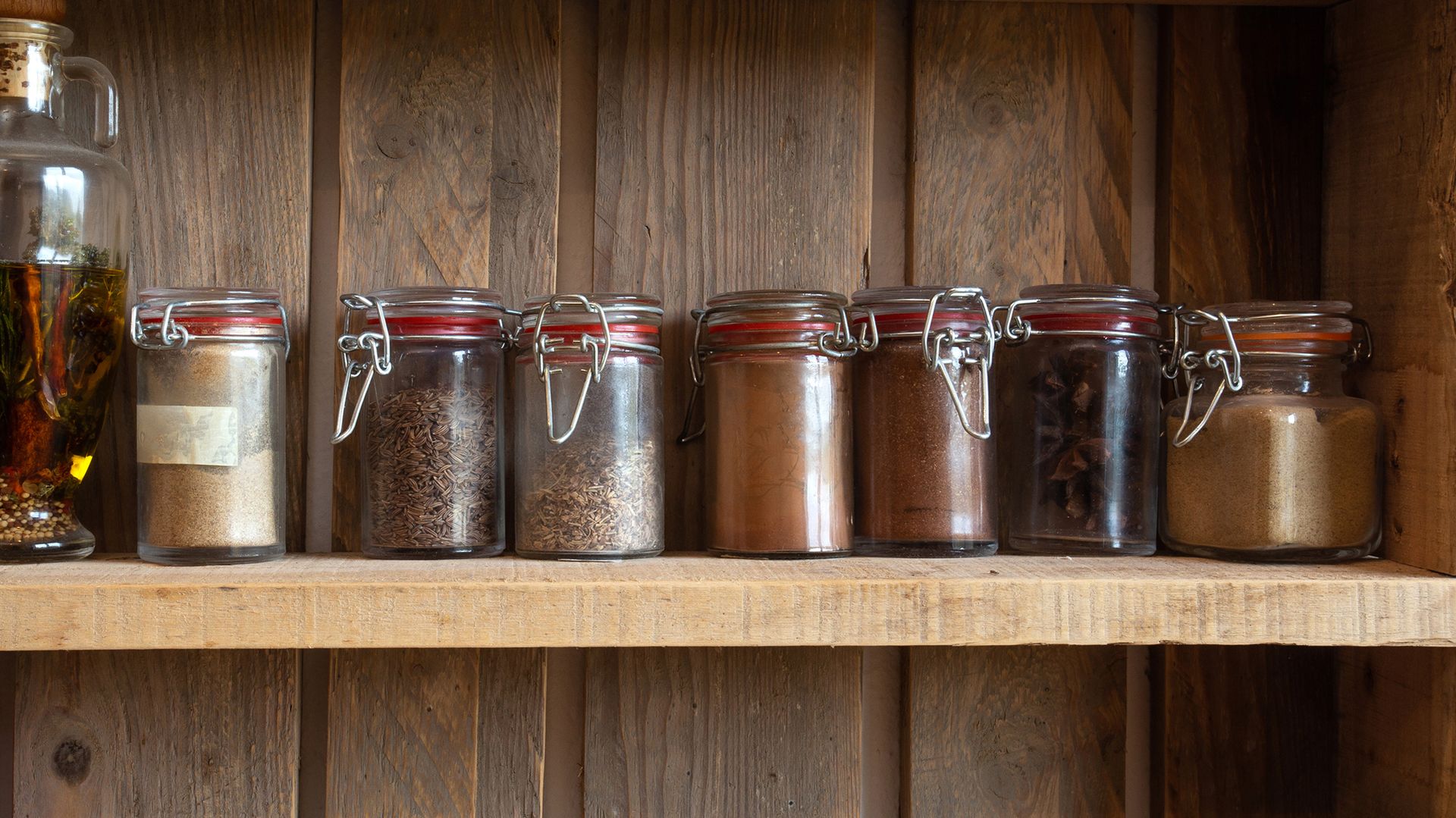If you are living with type 2 diabetes, especially if you’ve been living with it for a number of years, you’ve likely read about the importance of good nutrition. Eating the right foods in the right amounts will help you get to your treatment goals, including your A1C, weight, cholesterol, and blood pressure.
Diet is also essential to managing conditions that occur alongside type 2 diabetes, such as chronic kidney disease (CKD), a disorder where the kidneys become damaged and no longer function at 100 percent.
One of the most important steps to protecting your kidneys is to consume less sodium.
Sodium and salt
Salt is a mineral that is used as both a seasoning for food and a preservative. It is also the source of sodium in our diets.
Sodium is an electrolyte, a mineral whose particles carry an electric charge when they are dissolved. Electrolytes dissolve and circulate in blood and play an important role in processes like nerve signaling, muscle relaxation/contraction, controlling blood pressure, and balancing fluids and blood volume.
The body needs sodium to function, but it only needs a small amount, and it’s easy to consume too much. People in the U.S. tend to get some sodium from table salt that they add to food or use while preparing food, and a much larger amount of sodium from eating packaged and prepared foods, which have salt added to them during production (one more reason to check the nutrition labels on the foods you buy).
Excessive sodium intake can have serious consequences to a person’s health. It’s associated with elevated blood pressure, and it’s something that almost everyone should be paying attention to in their diet. Chronic high blood pressure (also called hypertension) can contribute to serious health problems, including heart attack and stroke.
For people living with diabetes, CKD, or both, reducing sodium intake can be an important step in reducing the risk of complications and further damage to the kidneys.
Sodium and the kidneys
The main function of the kidneys is to act as filters for the blood. As blood passes through the kidneys, the kidneys filter out excess nutrients that the body doesn’t need, cellular waste, and excess water, which becomes urine that can be expelled from the body. This helps balance the levels of electrolytes in the blood (including sodium) and maintain a consistent volume of blood.
When a person has CKD, the kidneys become damaged and less good at filtering. As a result, more sodium and fluid stay in the blood instead of being expelled. This can contribute to elevated blood pressure.
Sodium and blood pressure
Blood pressure is the force the blood contained within the cardiovascular system is exerting on the inner walls of the arteries, which are the blood vessels that carry blood from the heart to the rest of the body.
Higher blood pressure means the blood is exerting more force on the inner walls of the arteries. Slight fluctuations in blood pressure throughout the day are normal, and healthy arteries can stretch to accommodate rises in blood pressure.
When blood pressure is consistently elevated, blood vessels can become damaged—including blood vessels inside the kidneys. For someone with CKD, this will cause further damage to the kidneys and progressive loss of kidney function.
High blood pressure and chronic kidney disease can also contribute to edema. Edema is fluid buildup and swelling that occurs when blood vessels begin to leak fluid into surrounding tissues. One example is peripheral edema, which causes the hands, feet, and ankles to become puffy and painful. Another example is pulmonary edema, which is fluid buildup in the lungs.
CKD and diabetes require treatment
Reducing sodium intake is an important step in helping to get blood pressure under control, but it is by no means the only step.
Diabetes and CKD are serious health conditions that require treatment by a healthcare provider—and if you have questions about diabetes, the health of your kidneys, or your sodium intake, your healthcare provider will be your best source of information.






